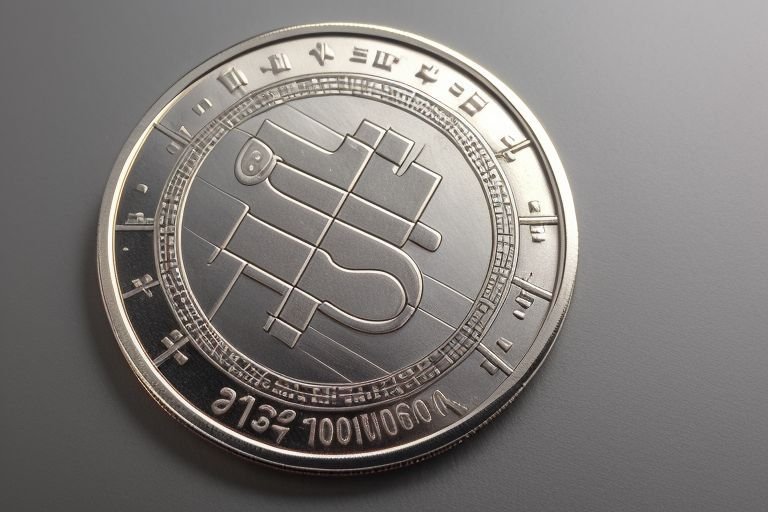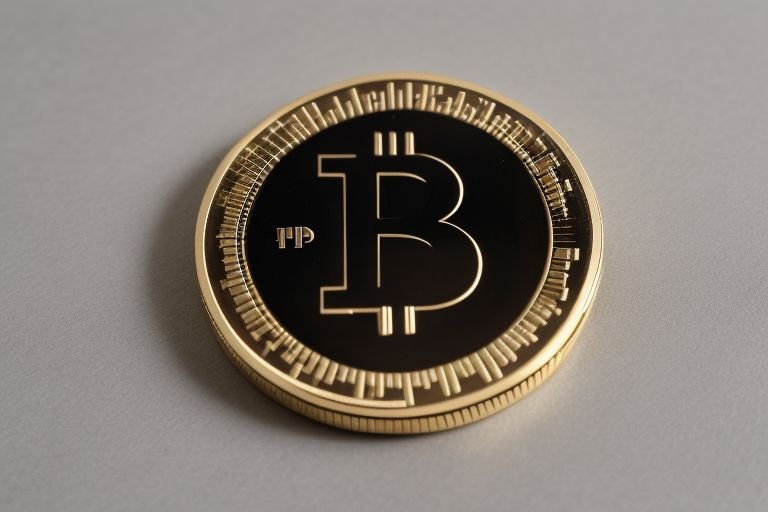In a groundbreaking announcement, China has taken a significant leap forward in the realm of digital infrastructure by unveiling what it claims to be the world’s fastest internet network. This cutting-edge network, capable of blazing speeds of approximately 1.2 terabits per second (or 1,200 gigabits per second), has the potential to revolutionize the way we connect and share data. While these mind-boggling speeds may seem like science fiction, they hold the promise of transferring the equivalent of 150 movies in just one second, according to Chinese tech giant Huawei, which has been at the forefront of this remarkable development.
It’s important to note that these speeds are still in the theoretical realm and won’t be available for consumers at home in the near future. However, the implications of such a robust and lightning-fast internet service are profound, ranging from accelerated information transfers to potential advantages in stock trading and enhanced national security measures.
The Genesis of the Superfast Network
The official launch of China’s next-generation backbone network was announced during a press conference held by Huawei and China Mobile. This collaborative effort also involved prestigious institutions like Beijing’s Tsinghua University and Cernet, an education and research network funded by the Chinese government. A backbone network, in essence, serves as the critical infrastructure that facilitates the movement of internet traffic to various geographical locations. It plays a pivotal role in supporting data-intensive transfers from emerging technologies like 5G and electric vehicles.
The backbone of this innovative network consists of an impressive 1,800 miles of optic fiber cables connecting Beijing to the southern regions of China, as stated in a translated press release. However, specific plans for its expansion throughout the country were not disclosed.
Remarkably, this network began operations and underwent testing during the summer, marking a launch that has exceeded expert forecasts by approximately two years.
A Visionary Move Amidst Global Dynamics
The announcement of this groundbreaking achievement coincides with an impending meeting between President Biden and Chinese President Xi Jinping in San Francisco. The diplomatic engagement comes after months of strained relations between the two global superpowers. President Xi has previously emphasized that the development of this backbone network will solidify China’s position as a “cyber power” and hasten the advancement of core internet technologies, as highlighted in the press release.
However, it’s important to clarify that this development primarily concerns internet infrastructure rather than home internet speeds. Consequently, it does not pose a direct threat to the United States, unlike the competition in areas such as artificial intelligence, semiconductors, or wireless networking technology. Nevertheless, it has the potential to provide a robust foundation for Chinese-based businesses that require substantial bandwidth for their operations.
Wu Jianping, a distinguished professor in the Department of Computer Science and Technology at Tsinghua University, who is overseeing the backbone internet project, asserted in the press release that the entire system, encompassing both software and hardware components, is proudly made in China and remains under independent Chinese control. He went on to proclaim it as the most advanced network globally, solidifying China’s leadership in this critical domain.
Implications Beyond Borders
This isn’t the first instance of a significant tech launch coinciding with a visit by U.S. dignitaries. Earlier this year, Huawei unveiled its highly-anticipated Mate 60 Pro smartphone, featuring a groundbreaking Chinese-made 5G chip, during a period when some U.S. diplomats were visiting China. This move raised eyebrows in the U.S. government, prompting an investigation into how Huawei had acquired the technology to manufacture such a chip. This inquiry was conducted following extensive efforts by the United States to restrict China’s access to foreign chip technology.
China’s unveiling of the world’s fastest internet network marks a monumental achievement in the realm of digital infrastructure. While the speeds are currently theoretical, they hold immense promise for transforming the way we connect and share information. As China continues to position itself as a leader in internet technologies, this development serves as a testament to the nation’s determination to play a pivotal role in shaping the future of the digital world.









Leave a Reply